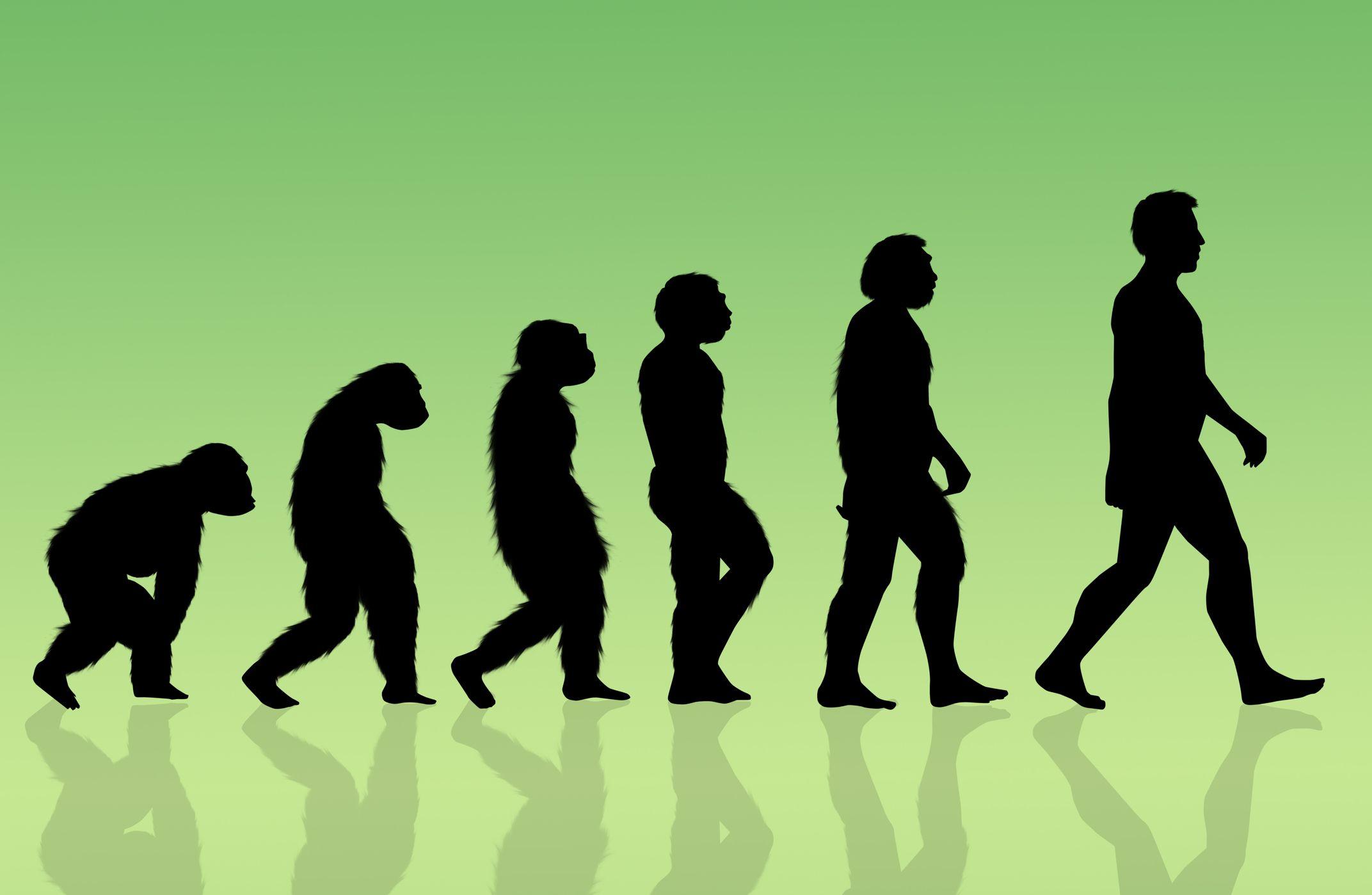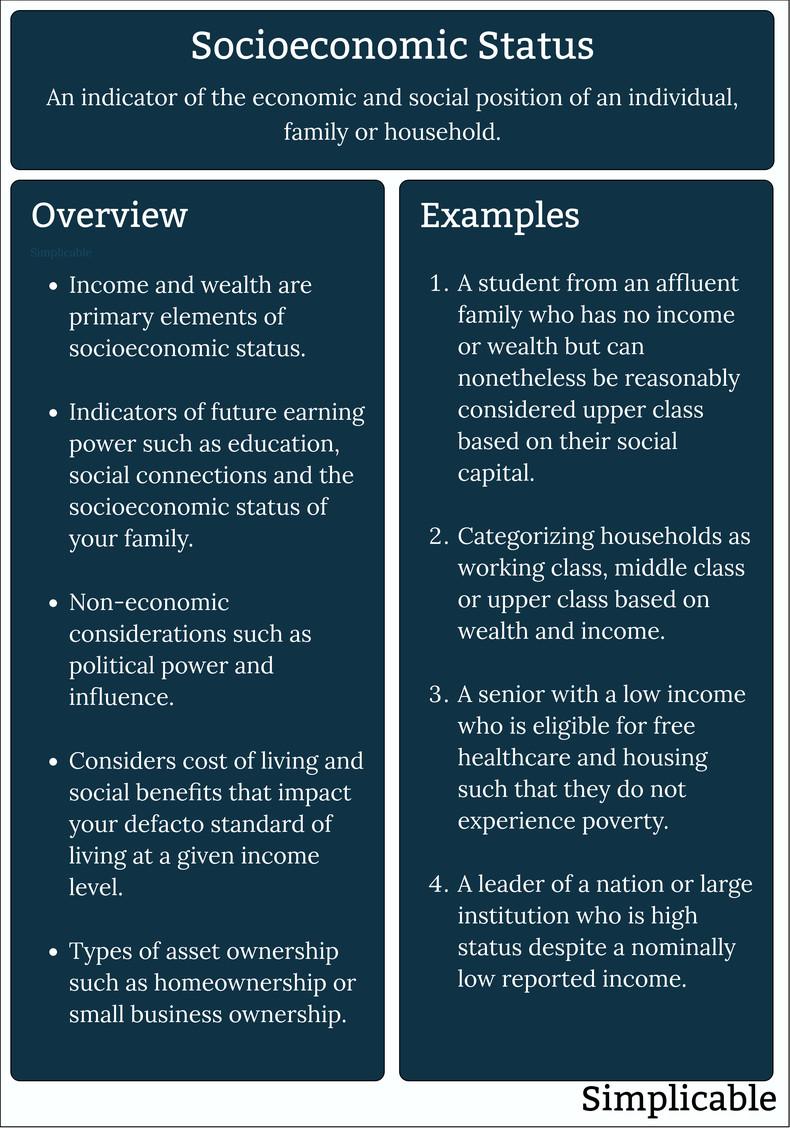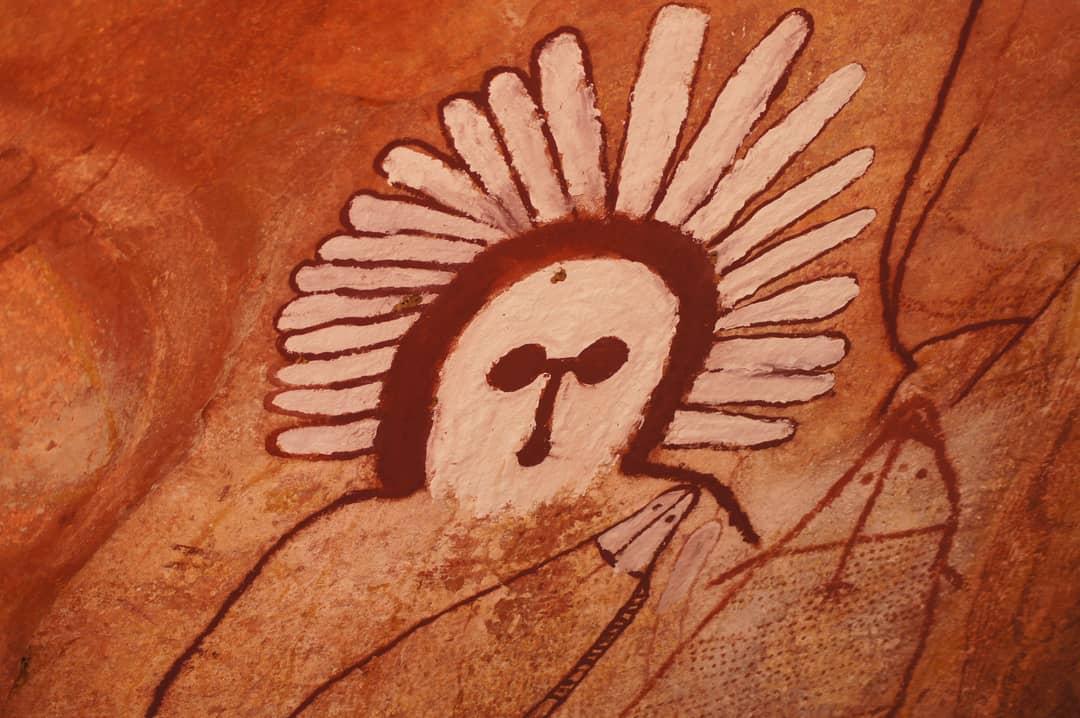In the tapestry of Australia’s vibrant cultural fabric, the threads of African heritage weave a rich and captivating pattern. From the earliest days of European settlement, Africans have played an integral role in shaping the nation’s identity. From the shores of Western Australia to the bustling cities of Sydney and Melbourne, their stories of resilience, innovation, and ambition have left an indelible mark on Australian society.Join us as we delve into the multifaceted history and experiences of Africans in Australia, a narrative that spans centuries, continents, and countless interwoven destinies.
The Evolving Landscape of African Diaspora in Australia: Historical Context and Identity Formation
Table of Contents
- 1 The Evolving Landscape of African Diaspora in Australia: Historical Context and Identity Formation
- 2 Socioeconomic Integration and Cultural Enrichment: African Communities Shaping Australia’s Diversity
- 3 addressing Barriers to Inclusion: Policy Recommendations and Advocacy
- 4 Creating a Welcoming and Equitable Society: Embracing African Australians in All Spheres of Life
- 5 To Wrap It up
table.highlighttable {
background: #FFFF00;
}
.borderedtable th, .bordered_table td {
border: 1px dotted black;
}
History and Diaspora
the African diaspora in Australia has a rich and complex history that spans centuries. Africans were first brought to Australia as slaves (see Table below), but their numbers remained relatively small until the 19th century when free and emancipated Africans began to arrive in search of a better life. In the 20th century, the diaspora grew again with the arrival of political refugees and students from across the continent. Today, there are an estimated 1 million africans living in Australia making up 3% of the country’s total population.
Identity Formation
Africans in Australia have developed a diverse range of identities that reflect their complex history and experiences. Some identify primarily with their country of origin, while others identify as Australian of African descent. Still others identify as part of both the African and Australian communities. These identities are not static, but rather evolve over time as individuals navigate their new surroundings and adapt to Australian society.
| Period | Number of Africans |
|:—|:—|
| 1788-1800 | 120 |
| 1801-1824 | 4,973 |
| 1825-1850 | 43,529 |
| 1851-1875 | 9,703 |
Socioeconomic Integration and Cultural Enrichment: African Communities Shaping Australia’s Diversity
The contributions of the African community to Australia’s thriving and diverse society are undeniable. Various sectors, including business, medicine, academia, and the arts, have benefited from their expertise and commitment. People of African descent have founded enterprises, generated employment, and stimulated economic progress. In the healthcare industry,they have offered vital services as nurses,doctors,and other medical personnel,ensuring the well-being of all Australians. By conducting groundbreaking research and imparting knowledge in institutions, African academics have significantly advanced Australia’s educational landscape. Furthermore, African artists have enriched the nation’s cultural fabric through music, dance, literature, and visual arts. By sharing their vibrant cultures, they have fostered a more extensive and dynamic Australian identity.
The African community has effectively assimilated into Australian society while maintaining its distinct cultural identity. They have embraced Australian values such as democracy, equality, and multiculturalism while still honoring their ancestral heritage. Many African-Australians are actively involved in community organizations, interfaith initiatives, and social justice movements, working alongside other Australians to create a more inclusive and harmonious society. Their dedication to preserving their cultural traditions has resulted in the establishment of African festivals, cultural centers, and community gatherings that provide opportunities for cultural exchange and foster a sense of belonging among the diaspora. Through their contributions to the socioeconomic and cultural landscape of Australia, Africans have played an indispensable role in shaping the nation’s identity as a vibrant and diverse society.
addressing Barriers to Inclusion: Policy Recommendations and Advocacy
Policy Recommendations
Education: Implement mandatory cultural competency training for educators and school staff to address unconscious biases and promote inclusive learning environments for African students.
Employment: Develop targeted employment programs that support and connect African job seekers with employers, providing training, mentorship, and job placement assistance.
affordable housing: Invest in affordable housing initiatives to reduce housing instability among African communities, ensuring access to safe and accessible living spaces.
Healthcare: provide culturally sensitive healthcare services, train healthcare professionals in diversity and inclusion, and address health disparities faced by African communities.Advocacy
Raise awareness: Launch public awareness campaigns to highlight the contributions and experiences of African Australians, challenging stereotypes and promoting understanding.
Build coalitions: Foster partnerships with African community organizations, government agencies, and advocacy groups to amplify voices and advocate for inclusive policies.
* Support organizations: Provide funding and support to organizations led by and serving African communities, ensuring their sustainability and capacity to address the needs of their constituents.
Table: Addressing barriers to Inclusion
| Barrier | Policy Suggestion | Advocacy Strategy |
|—|—|—|
| Racial discrimination | Implement anti-discrimination laws and enforce penalties | Launch awareness campaigns and build coalitions against racism |
| Language barriers | Provide language interpretation and translation services | Establish multilingual community centers and support services |
| Economic disadvantage | Develop targeted employment and housing programs | Advocate for policies that address economic inequality |
Creating a Welcoming and Equitable Society: Embracing African Australians in All Spheres of Life
Embracing Diversity in leadership Roles
African Australians have made significant contributions to Australian society, but there remains a need to increase their portrayal in leadership positions. By providing access to mentorship programs, training opportunities, and networking platforms, we can empower African australians to take on more prominent roles in government, business, and community organizations. This will not only benefit the individuals but also foster a more inclusive and representative decision-making process.
Bridging the Gap in Education and Employment
Regrettably, African Australians still face disproportionate challenges in education and employment. By investing in early childhood education, providing accessible language support for migrants, and creating targeted employment programs, we can create a more level playing field. This will not only improve their quality of life but also contribute to the overall prosperity of our nation.
To Wrap It up
As we draw this account to a close, it is imperative to recognize the ongoing journey of Africans in Australia. their presence continues to shape the nation’s tapestry, adding vibrant hues and complex threads that intertwine the past, present, and future. The complexities and subtleties of their experiences serve as a reminder of the interconnectedness of human stories, where displacement and belonging, resilience and aspiration, forever dance in delicate balance. In understanding their narratives, we gain not only a deeper gratitude for their contributions but also a broader perspective on the ever-evolving panorama of Australian society.



